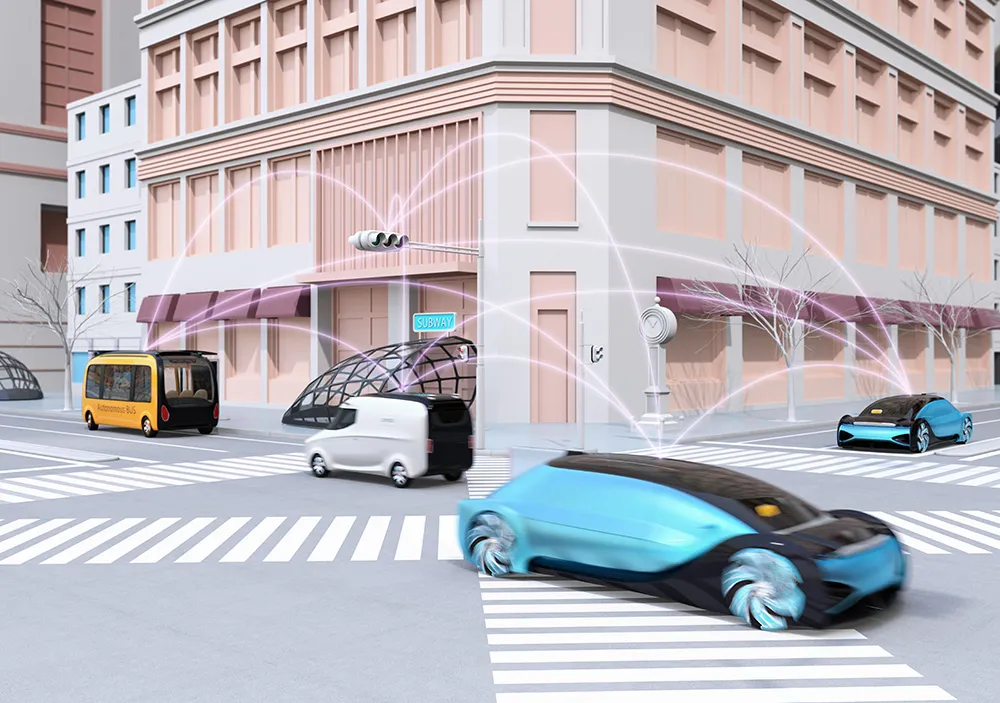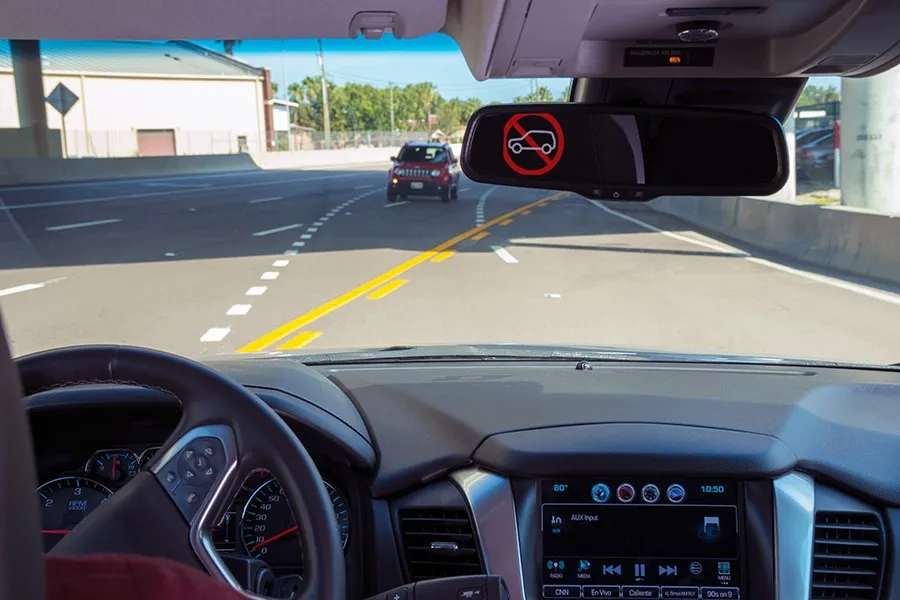The
Managed by the Intelligent Transportation Systems Joint Program Office (ITS JPO), the Connected Vehicle Pilot Deployment Program is a national effort to deploy, test, and make operational cutting-edge mobile and roadside technologies and enable multiple connected vehicle applications. These technologies and applications have been brought together in innovative ways to have an immediate impact - save lives, improve personal mobility, enhance economic productivity, reduce environmental impacts and transform public agency operations.
In the first phase of the effort, each site prepared a comprehensive deployment concept to ensure a rapid and efficient connected vehicle capability roll-out. Now, the three sites will embark on a 20-month phase of activity to design, build, and test the nation's most complex and extensive deployment of integrated wireless in-vehicle, mobile device, and roadside technologies.
Connected Vehicle Pilot Program enters phase two
The US Department of Transportation (USDOT) awarded three cooperative agreements collectively worth more than US$45 million to initiate the design/build/test phase of the Connected Vehicle Pilot Deployment Program. Selected in 2015, the Connected Vehicle Pilot sites include Wyoming, New York City and Tampa.
September 2, 2016
Read time: 1 min









